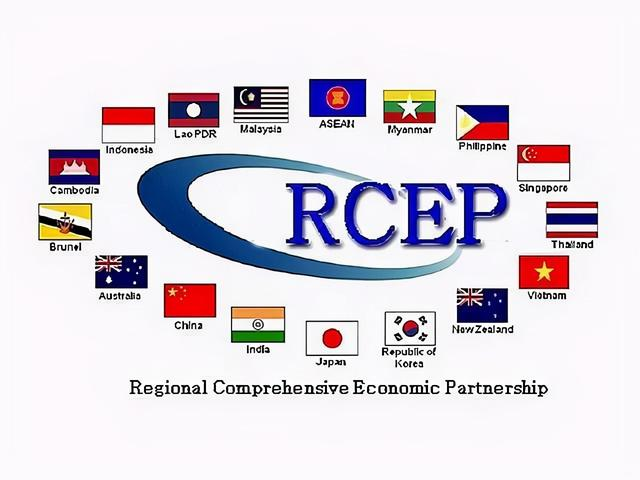The goal of RCEP is to eliminate internal trade barriers, create and improve a free investment environment and expand service trade. It will also involve many fields such as intellectual property protection and competition policy. The degree of liberalization will be higher than the free trade agreement reached between ASEAN and these six countries. The signing of this agreement will also bring significant benefits to Chinese tires.
1.Import tariff of natural rubber may be reduced or exempted
China is the only country in the world that imposes tariffs on natural rubber except India. The signing of RCEP is likely to make China reduce or even exempt the import tariff of rubber.
At present, the import tariff of composite rubber and mixed rubber by domestic tire enterprises is zero, but the import price is 10 dollars higher than that of standard natural rubber per ton. Based on the import
of 3063800 tons of composite rubber and mixed rubber in 2018, the procurement cost increased by US $30.638 million. The signing of the agreement is expected to reduce the import tariff of natural rubber and greatly reduce the procurement cost of tire enterprises.
2. Driving tire export demand
In terms of tariff reduction most concerned, the number of zero tariff products in goods trade in RCEP has exceeded 90% as a whole, and the free trade relationship between China, Japan and South Korea has been added.
Wang Shouwen, Vice Minister of Commerce and deputy representative of international trade negotiations, said: "according to the calculation of international think tanks, RCEP is expected to drive the export growth of member countries by 10.4% more than the base line in 2025."
Secondly, the agreement has added free trade relations among important countries such as Japan, South Korea and Australia, which are large car ownership countries, which will bring certain growth to the export of domestic tires. At the same time, Japan and South Korea may actively seek to invest in the construction of automobile manufacturing plants in China, so as to drive the production and sales of domestic tires.
According to the estimation of Peterson Institute of international economics, assuming that the Sino US trade friction continues, China's accession to RCEP will bring an additional US $100 billion growth to its real national income in 2030, so as to offset the negative impact of about 30% of the trade friction.
Based on comprehensive analysis, China tire business network believes that the successful signing of RCEP is undoubtedly a great benefit to Chinese tire enterprises, both at the raw material end and the terminal sales end. In the future, natural rubber and tires are likely to implement zero tariffs and new trade rules in these 15 countries, the world trade pattern will also have new changes, and the global economic situation will be better.
